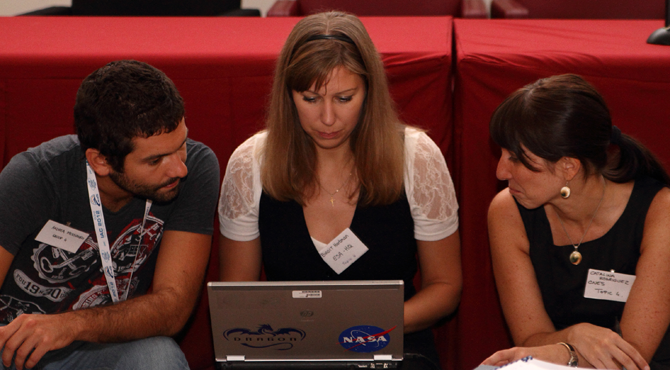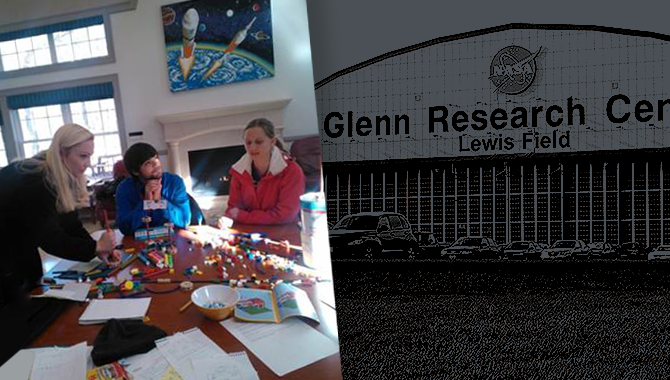
Is there a mismatch between the research competencies college graduates bring to the workplace and what employers expect from them?
To find information about jobs or restaurants or what’s trending, today’s college graduates reach for their mobile device or computer to access online resources like Craigslist, Reddit, Yelp, Monster, Google, Facebook, and Twitter. This generation finds information differently than its predecessors and begs the question: How well do the information-seeking behaviors of recent college graduates entering the workforce translate to today’s workplace?
Researchers from Project Information Literacy (PIL), in collaboration with Harvard University’s Berkman Center for Internet and Society, conducted a series of focus groups with 23 U.S. employers and 33 recent college graduates to address this question. Their investigation, published in the 2012 report Learning Curve: How College Graduates Solve Information Problems Once They Join the Workplace, found that the information-seeking skills of recent college graduates do not necessarily align with the skill set today’s employers expect.
The employers interviewed for the study represented a range of large and small organization in the public and private sectors, and accounted for a variety of disciplines (e.g., engineering, journalism, management consulting). The interviews revealed that employers expected recent college hires to 1) know how and where to find information online without much guidance; 2) use a search strategy that goes beyond Google and finding an answer on the first page of results; and 3) articulate a “best solution” and conclusion from all that was found.
While the employer group reported they are generally impressed with the online research skills new hires bring to the workplace, they identified gaps in finding information beyond a computer screen. Alternative information-seeking behaviors such as making phone calls, dropping by a coworker’s office, or looking through printed reports are not as prevalent among young professionals.
“It’s a whole bag of tricks when it comes to the skills you need for doing research today,” said one employer in the report. Additionally, new hires need to “build a network for tapping into tacit knowledge” of other employees, another employer remarked.
The recent college graduates interviewed in the study received either a B.A. or B.S. degree between 2005 and 2011 from academic institutions including Harvard, University of Texas at Austin, Santa Rosa Junior College, and the University of Puget Sound. This group described a fast-paced, undefined, “trial-by-fire” experience in the workplace compared to their college degree programs. They identified three main challenges to solving information problems in the workplace: 1) an increased sense of urgency that permeates the workplace; 2) research tasks are assigned with little structure or direction; and 3) information seeking and use is highly contextual and fundamentally social.
The report attributes the competency disparity between employers and graduates to the way tasks are structured in academia versus the workplace. Typically, tasks in an academic environment are structured in order to lead students down a predetermined learning path within a defined timeframe. This serves to expose students to specific resources and achieve a specified learning goal. In the workplace, tasks are often open ended, timeframes are often fluid, and the repositories with the information or knowledge needed may not be well defined.
As a follow-up to the initial focus groups, the researchers asked a small group of the employers interviewed if they saw a difference between new hires with graduate degrees and those with only an undergraduate degree. This employer group reported that new employees with a graduate degree did seem better prepared to cope with the research tasks they assigned.
The researchers noted that the low-tech research competencies employers identified as relevant to the workplace appear to be on the decline with each passing year. Further investigations will seek to better understand how future generations engage with and find information in order educate and enable them succeed in today’s workplace.
Read the report.
Young professionals drafting a group report at the 2012 International Programme/Project Management Committee Young Professionals Workshop in Naples, Italy.
Image courtesy of Armonica Film.









